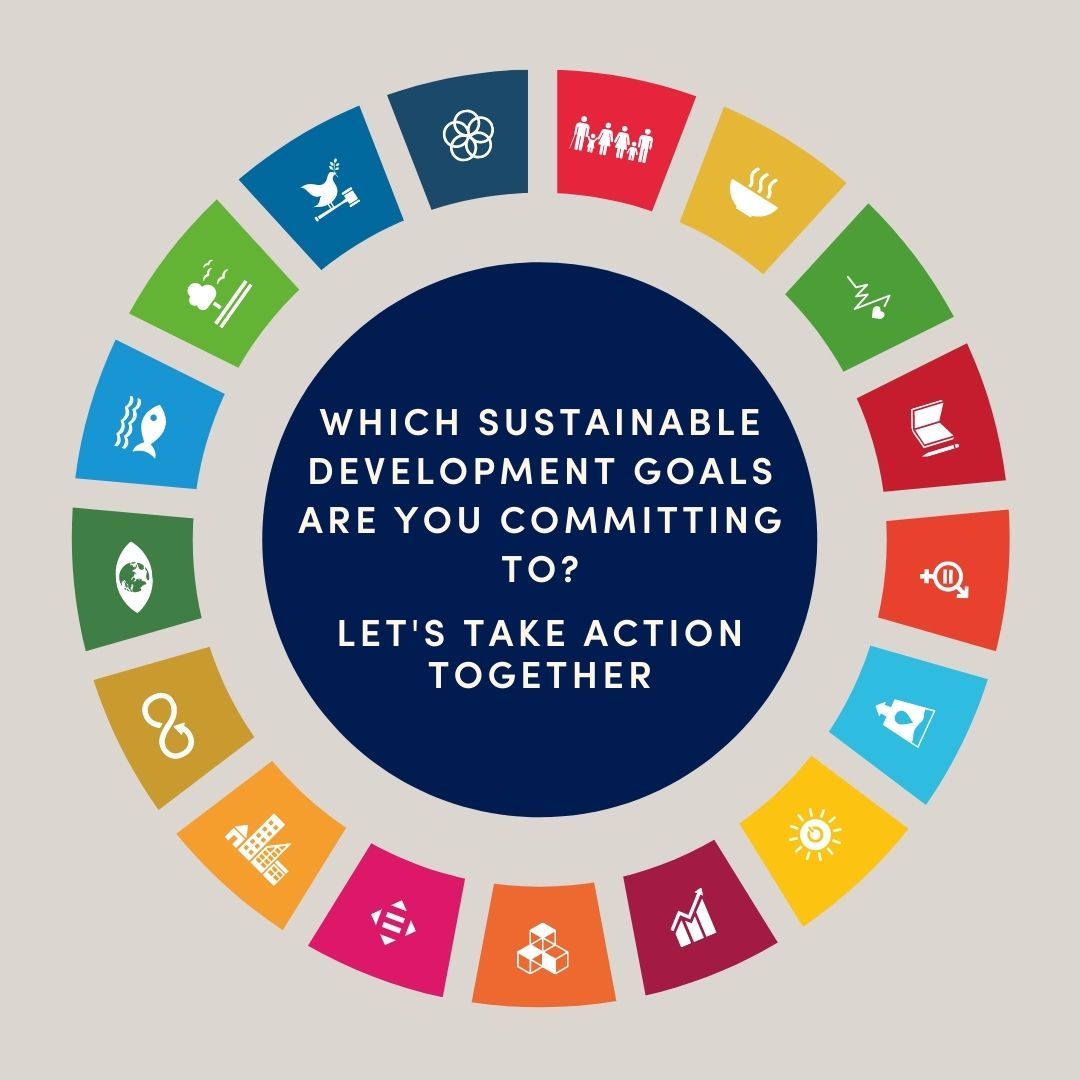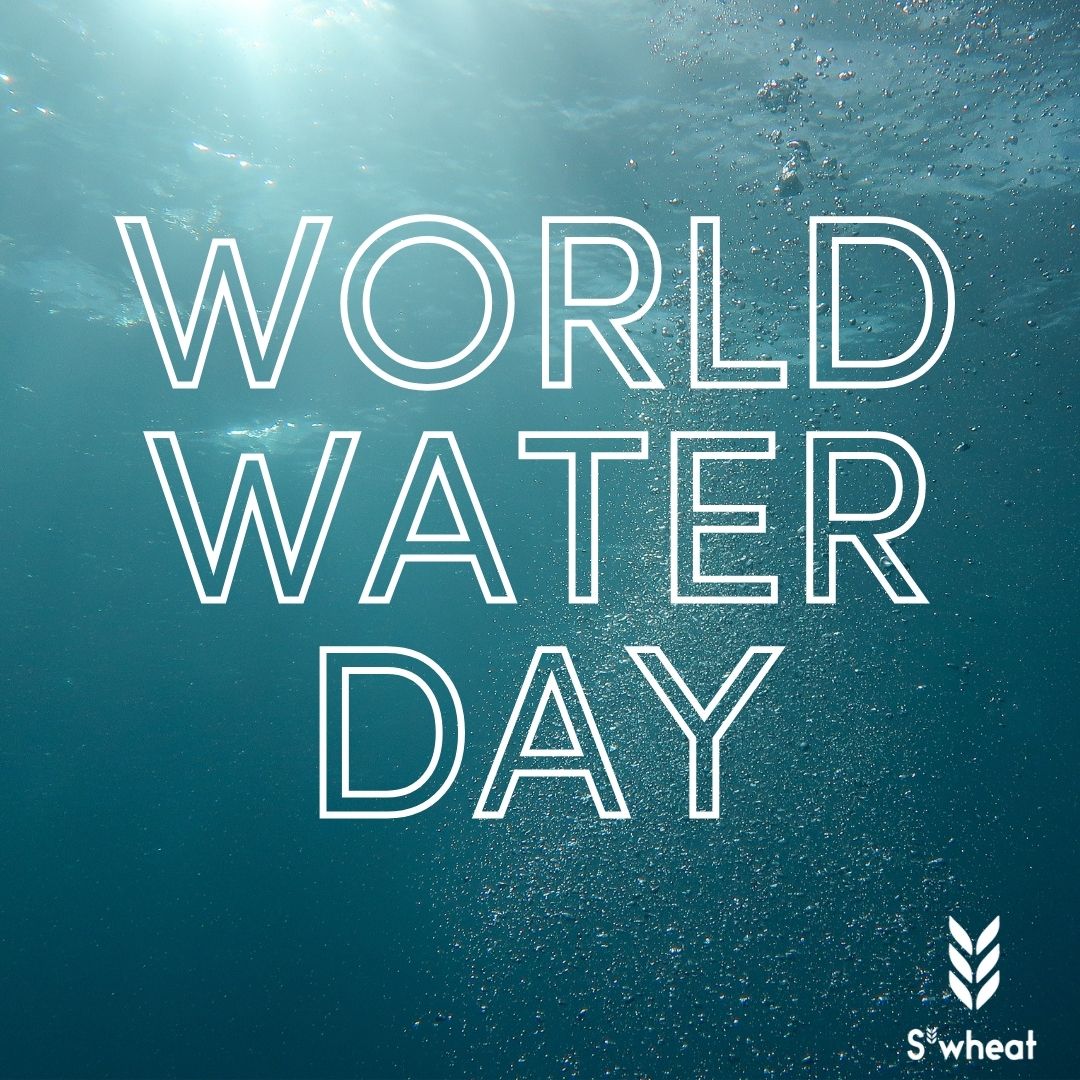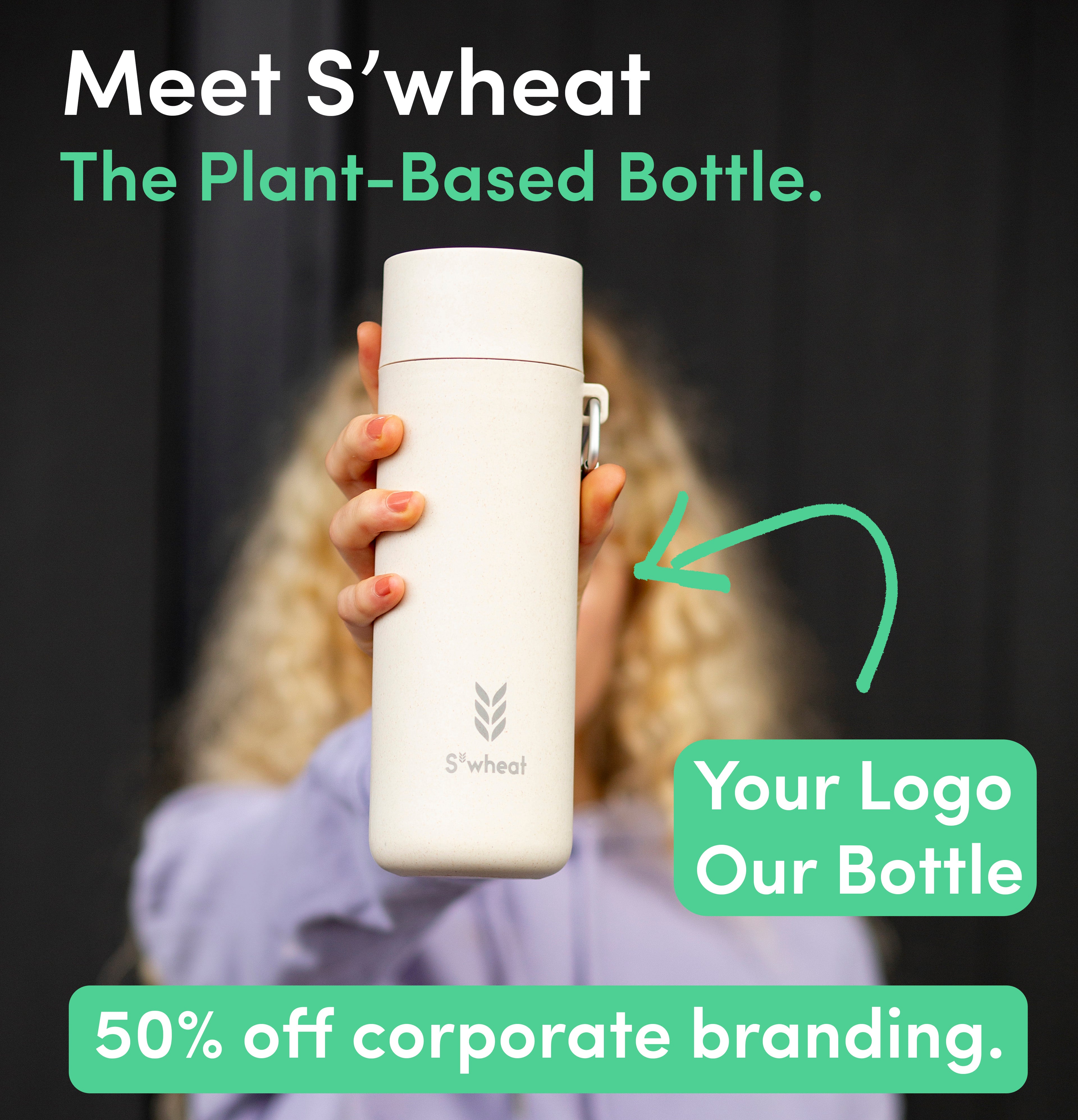With the current state of the earth, it is greatly important that businesses exist not simply for profit but also to work towards social and economic goals and reinvest profits into achieving these.
This is why S’wheat is a proud social enterprise and works towards the UN’s Social Development Goals, which are intended to be fully implemented by 2030. In Scotland, £2.3 billion is contributed each year to the economy from over 6,000 social enterprises, proving that maintaining sustainability doesn’t necessarily have to cause economical issues.
The 17 Social Development Goals (SDGs)
- End all poverty.
- Achieve food security and promote sustainable agriculture.
- Promote and ensure health and wellbeing.
- Ensure inclusive education and learning opportunities.
- Achieve gender equality.
- Ensure water and sanitation availability and sustainable management.
- Ensure affordable and sustainable energy.
- Ensure inclusive and sustainable work and economic growth.
- Promote inclusive, sustainable industrialisation and build resilient infrastructure.
- Reduce inequalities within countries.
- Ensure safe and sustainable cities and communities.
- Ensure responsible production and consumption.
- Take urgent climate action.
- Conserve our oceans and marine resources.
- Protect and restore ecosystems, sustainably manage forests and combat biodiversity loss.
- Provide access to justice and promote inclusive societies.
- Strengthen the global partnership for sustainable development and the means for implementation.
S’wheat’s impact
S’wheat is committed to working towards meeting these goals, which is why we are a completely carbon neutral company, using recyclable and biodegradable materials for both the product and the packaging. Our reusable bottle is made from bamboo fibre and wheat straw, which is all ethically sourced. Wheat straw is a by-product which is generally incinerated after the wheat grain has been harvested, so using this to create our bottle means it is an entirely zero waste production process from all-natural materials which does not release any carbon emissions - in fact, wheat straw actually absorbs more CO2 from the atmosphere than it emits. It’s also gluten-free, chemical-free, odour-free and naturally antibacterial, making it the perfect refillable bottle that won’t harm your health or the environment. These plant-based materials make the ideal refillable bottle as they weigh nearly 50% less than a steel bottle (they’re stronger, too!) and hold 550ml of your drink of choice. With our natural ‘eco-insulated’ thermal wall, you can fill it with any drink of any temperature and it’ll stay that way.
In order to further strengthen our commitment to this mission, with every bottle sold, S’wheat will remove 25lbs of plastic from the ocean and plant a tree in your name which you will be able to track and watch the growth of. A portion of our profits also go towards protecting aquatic life. For corporate branding orders, a minimum of 100 trees will be planted and you will receive an environmental report so you can see what a positive impact you’re making as a company. As a Scottish social enterprise, S’wheat chose to take inspiration for the bottle from the diverse Scottish mountain ranges, mist-filled lochs, and ancient forests and prioritise disrupting the plastic industry and promoting the conservation of our struggling ecosystems. Our carbon neutral approach to manufacturing our product aligns with the Scottish Government’s target to significantly reduce major greenhouse gas emissions, aiming to reach net zero by the year 2045.
Tips to work towards SDGs as a company:




Leave a comment
All comments are moderated before being published.
This site is protected by hCaptcha and the hCaptcha Privacy Policy and Terms of Service apply.